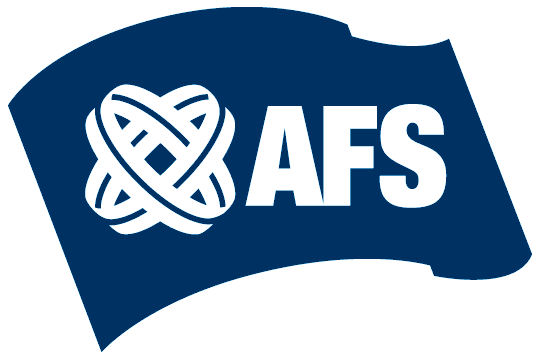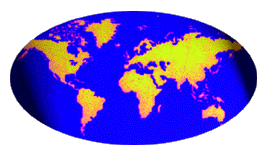Introduction
AFS in East and Central Europe

Introduction
Competing forces of unification and fragmentation are powerful trends in geopolitics today. International organizations, companies and individuals are challenged to navigate through an increasingly interdependent, culturally diverse and often divided environment. The successful development of regional institutions such as the European Union, Mercado Comun del Sur (The Common Market of the South) and the North American Free Trade Agreement stand in stark contrast to the bloom of separatist movements dividing nation-states and, in some cases, whole regions. Despite political and economic integration, tensions among ethnic and cultural groups cause many societies to live in a milieu of increasing antagonism and fear.
These challenges require a depth of understanding and respect for other cultures in our daily life as never before. This is AFS’s solution. We carry out our mission according to two basic principles -- the unmatched power of human contact and the importance of a global perspective. AFS brings people together across the boundaries of the nation-state, culture, and socio-economic class. AFS turns diversity into an asset where it was once seen as an obstacle to dialogue and learning.
These challenges require a depth of understanding and respect for other cultures in our daily life as never before. This is AFS’s solution. We carry out our mission according to two basic principles -- the unmatched power of human contact and the importance of a global perspective. AFS brings people together across the boundaries of the nation-state, culture, and socio-economic class. AFS turns diversity into an asset where it was once seen as an obstacle to dialogue and learning.
"The issues that will confront us in the twenty-first century -- be it the environment, drugs, pandemics, or sustainable development -- are issues that cut across all frontiers. ...The challenges of our age are problems without passports; to address them, we need blueprints without borders."
- Kofi Annan, Secretary-General of the United Nations


9 8